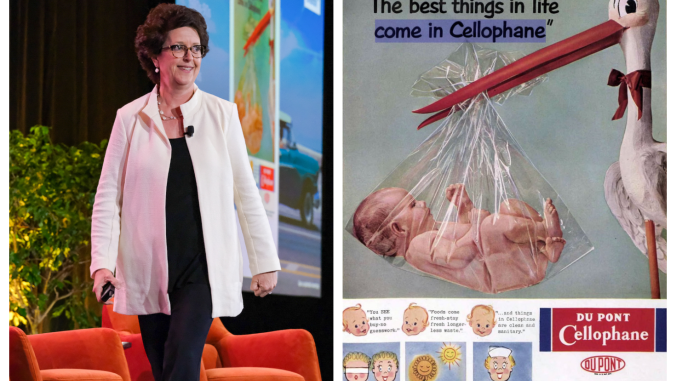Both Sides Now: Inside the Chamber of Commerce Debate
<p>Company defections from the U.S. Chamber of Commerce over climate change issues have been at the top of the news lately, but from a market standpoint, each side in the debate has justifiable reasons.</p>

There's been a lot of coverage in recent days about the companies defecting from the U.S. Chamber of Commerce over disagreements with the organization's stand on climate change. At Shelton we haven't been privy to the behind-the-scenes conversations on this or all the stated (and not stated) reasons for both sides of the argument, but here's what we do know from a consumer perspective:
To the U.S. Chamber's point:
• Roughly 40 percent of the population is not on board the global warming train. In all of our quarterly studies for the past six quarters we've seen that about 25 percent of the population is definitely opposed to the idea that global warming is happening and caused by man, and another 15 percent are not sure what they believe.
• The economy is driving consumer thinking right now. Even among the greenest consumers in our Green Living Pulse study, the economy was the number one issue way ahead of the environment (60 percent of green consumers chose the economy first, while only 8 percent chose the environment). Further, about 80 percent of the population thinks it costs more money to be green. So if the Chamber's stance is that climate change legislation will cost consumers more money, it's definitely a concern consumers share.
• Our upcoming Energy Pulse study reveals that only 23 percent of the population think cap and trade regulations for CO2 emissions should be enacted for utilities and manufacturers. The Chamber's stance seems to support that thinking.
To the point of the companies who've resigned their memberships:
• 93 percent of consumers think companies only go down the green path as a marketing ploy or because they're made to do so by some regulatory body. This is frustrating to consumers. They'd like to have brands they can believe in, brands who "do the right thing." The bold move made by Nike, Apple, PNM, Exelon and PG&E will likely be seen by consumers as honest, committed and as a major proof point behind their sustainability claims. Consumers may reward this "putting our actions where our mouths are" move with loyalty (read: sales).
• The climate change legislation issue is VERY complicated and most consumers don't have their brains wrapped around it. In fact, most consumers think global warming is caused by cars and trucks, not power plants or manufacturing plants, so they don't actually understand the point behind a cap and trade system. The fact that several major brands, a couple of which are considered pretty hip, are walking away from an organization that does not support legislation for climate change could sway consumers to think this way as well, regardless of whether consumers really ever understand the issue.
The moral of the story: this is a very divisive issue and the consumers who were already in the "hell no global warming isn't happening" camp will be intensely supportive of the U.S. Chamber, which could result in some new memberships from companies led by Americans in this camp. Those who were already in the "yes it is and we should do something about it" camp will be loyal to the brands who've taken this stand, which could result in more sales for those brands. The interesting group to watch will be those consumers who've been on the fence.
Suzanne C. Shelton is founder, president and CEO of Shelton Group, an advertising agency focused exclusively on motivating mainstream consumers to make sustainable choices.
Forest photo CC-licensed by Flickr user josef.steufer.





